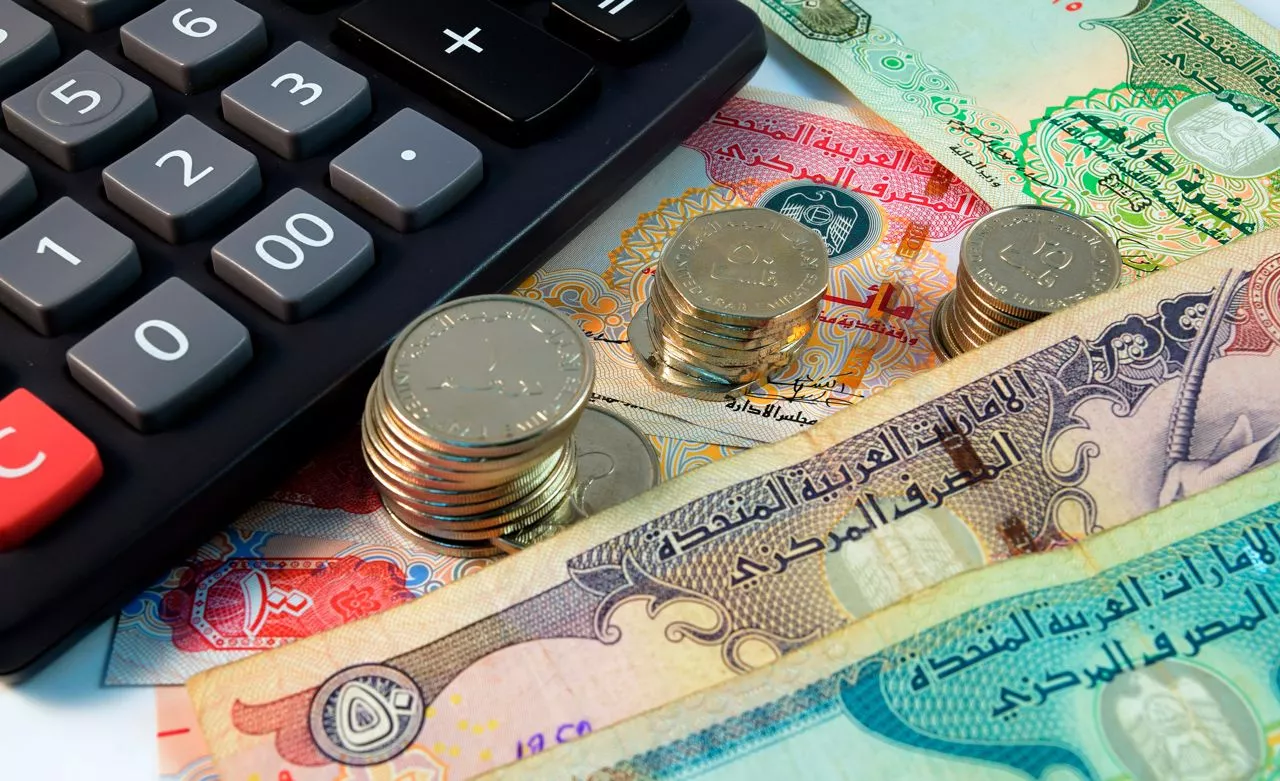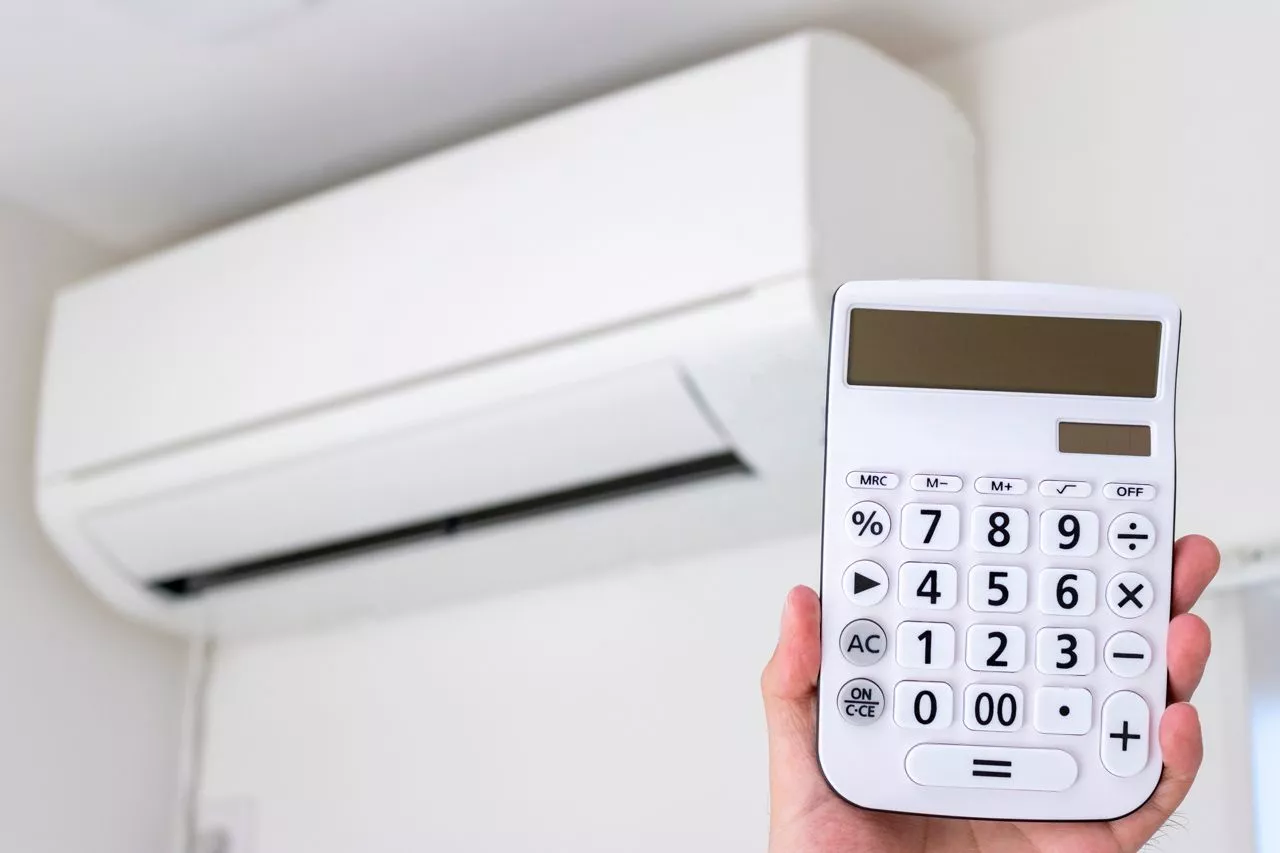6 main costs of renting a property in Dubai

The rental market in Dubai, which is so far one of the most expensive cities in the world, is recovering at a speedy rate. In this article, we will present a rich collection of various properties and rental prices, and will look into the issue of extra costs that come with renting. Prospective tenants may spend their time searching through numerous properties on numerous websites, choosing a home based on the prices given in the listings, and then deciding if they can afford to rent the chosen property. But be careful not to make a snap judgement, as additional charges that accompany the submission of a tenancy contract significantly add to the total cost of the overall transaction. Now let’s find out which properties you can afford and what additional costs to expect.
Agency Fees
<ul><li>2-5% of annual rent for homes</li><li>7-10% for offices and shops</li></ul>
As with most other cities around the world, it is common practice in Dubai to use the help of a real estate agent when looking to rent a residential property or a commercial unit. Rental specialists can save you time, since they can freely navigate the market and provide you with up-to-date information about the available properties and different areas. What’s even more important, is an estate agent can secure your tenancy contract and protect your rights and interests throughout the process. An agents commission is paid upon submitting a tenancy agreement, and is typically about 5% of the annual rental payment. The amount is put forward and mutually agreed upon before the search works get started.

Ejari Registration Fee
The Ejari Registration Fee costs AED 220 including VAT when registered at the Real Estate Services Centre. Due to Dubai’s laws, all tenancy contracts are subject to be filed in the Ejari system, which is a contract registration system supervised by the Dubai Land Department (DLD). The Ejari document confirms the rental transaction between landlords and tenants and comes into full force to enable the legal frameworks for both parties, in case of disputes after registration. DEWA (Department of Electricity and Water Authority) which is Dubai’s utility connection company, only allows connection upon submitting an Ejari certificate. Termination of the tenancy contracts must be registered through the Ejari system as well. It is advisable for a tenant to check whether the previous lease contract was cancelled through the Ejari, as it is not automatically cancelled when the contract expires. Application of the Ejari may be processed online via the website, through the mobile app, or at any Ejari authorized typing centers. Note that at the centers you have to pay an additional AED 40 for typing. It is worth mentioning that Ejari fees are billed in US dollars at a fixed rate 3.67 with no extra charges for conversion.

Security Deposit
<ul><li>5% of the annual rent for unfurnished properties</li><li>10% for furnished properties</li></ul>
When entering into a tenancy contract, landlords require a security deposit to be protected from improper use or damage to the property. Deposits are refundable, but in practice, landlords may find hundreds of reasons to withdraw at least part of it. Below are some tips on how to get a full security deposit refund:
<ol><li>Pay attention to what is stated in the contract regarding the repairs. Often lease contracts say that tenants are responsible for minor repairs less than AED 200, while it is the landlord’s responsibility to conduct any major repairs that exceed AED 200.</li><li>Make sure your bills are paid in full. Service providers must know that you’re leaving to send your final bill.</li><li>Move your furniture out if you have entered an unfurnished home.</li><li>Repair and repaint the walls on your own prior to your departure, otherwise, the owner will deduct costs for these works from your deposit.</li><li>Keep records of every repair carried out during the tenancy period.</li><li>Make sure you communicate any repairs or damages with your landlord throughout your lease, as this can save you time in the long run.</li></ol>

DEWA Charges
<ul><li>A security deposit of AED 2,000 is needed for an apartment, AED 4000 for a villa.</li><li>Activation charges amount to AED 110 for an apartment and AED 300 for the villa</li><li>An administrative fee of AED 30.</li><li>Connection and administrative fee of AED 230.</li></ul>
DEWA applies a slab tariff and fuel surcharges on monthly electricity and water consumption. Fuel surcharges are calculated based on the electricity consumption (Fils/kWh) and water consumption, (Fils/IG) and are included in the monthly bill. Payments on utility bills provided by the Dubai Electricity and Water Authority are the main expenditures in the list of additional costs of renting a property in Dubai. The security deposit, which is paid at the beginning of the lease, is refundable. The tenants will receive this back when vacating the property.

Air Conditioning Fees
<ul><li>Consumption charge, based on a meter reading and determined at AED 0.568 fils per RT(Refrigeration Ton).</li><li>Demand charge, at the rate of AED 750 per RT yearly.</li><li>Fuel surcharge factors global increase of fuel prices, it is added to DEWA bills.</li><li>District cooling deposits and connection fees – each provider fixes its own charge rate and the amount depends on property size.</li></ul>
Living in a desert country means it’s hard to imagine living in Dubai without air conditioning or a chiller. Cooling expenses are rather high, and demand special attention of first-time tenants. There are different cooling options, including district cooling systems. Some properties feature free district cooling, meaning that the tenants will pay only for the actual consumption of electricity to DEWA. Sometimes the landlords cover the AC charges, but in many cases the AC costs are the responsibility of the tenant. Naturally, these responsibilities are stated in the tenancy contract, and it is strongly recommended to read it thoroughly and ask questions before signing. If a chiller or AC meter is installed in the property, the tenant will pay for the actual consumption charged at a rate of AED 0.568 fils per RT per hour. It is also necessary to cover the fuel surcharge and demand charge, billed monthly in advance, calculated by the number of days in the month. Cooling providers will also charge for opening an account and may also ask for a security deposit, calculated upon the number of bedrooms of the unit. Sometimes, leased properties that are set within major communities are still under construction, which means the building might not be connected to the district cooling system yet. In this case, the tenancy contract should specify who is liable to pay the cooling charge.

Housing Fees
The housing fee is 5% of the annual rental value paid in 12 monthly installments. The housing fee, also referred to as Dubai Municipality Fee is levied on all residential units (apartments, villas and townhouses) and paid in exchange of the services provided by the abovementioned Municipality. Today, it is the tenants’ responsibility to pay the housing fee. Before 2017, employers were responsible for paying the fee for their employees’ housing. It is the tenants that have to pay a housing fee, which is 5% of the yearly rent divided into 12 parts. The service will be included in DEWA bills that come every month.


